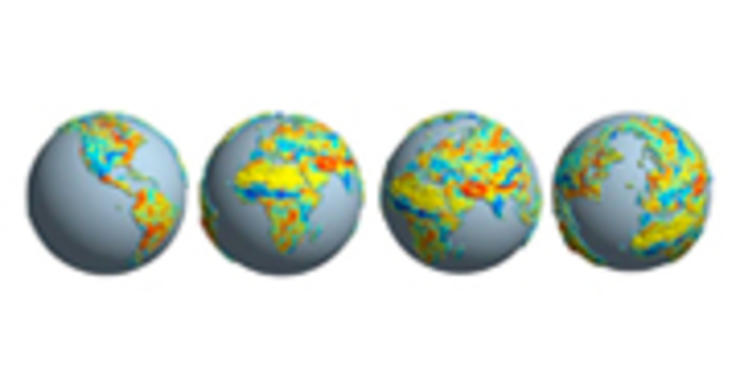06-10-2014

Plants play a key role in the global climate system in removing carbon dioxide (CO2) from the atmosphere - greenhouse gas - and convert it into biomass. Carbon can be stored for several ecosystems for decades or centuries before being converted back to CO2 and released to the atmosphere. According to a new report published in the journal Nature by an international research team led by Nuno Carvalho (MPI-BGC, FCT UNL) and Markus Reichstein (MPI-BGC), the global average residence time of carbon is 23 years. In the tropics, only 15 are needed for a carbon atom to be released into the atmosphere while at higher latitudes, are needed on average 255 years. A surprising aspect of this study reveals that the rainfall is as or more important than temperature in determining the time of return to the atmosphere of a carbon atom. This study also demonstrates that in general the terrestrial ecosystems store, especially in the soil, the more carbon than previously thought.